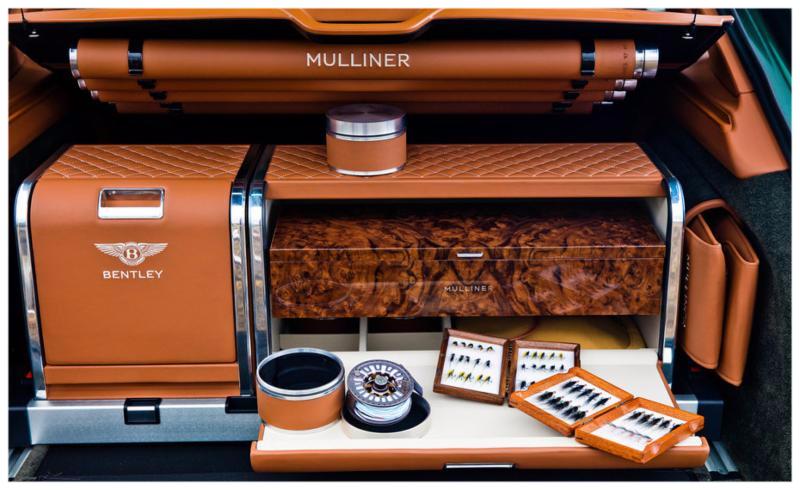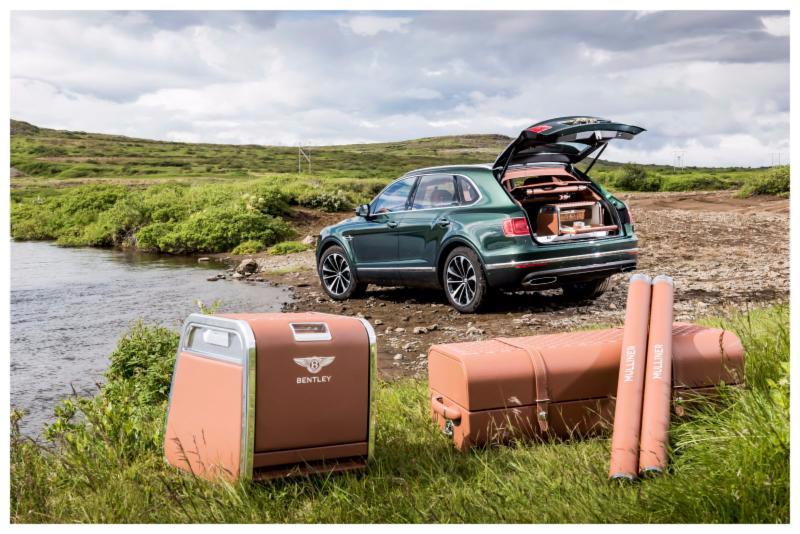The Aggregation of Marginal Gains
I ended up
watching more of the Olympics than I ever intended; by sheer fate I flew out on
the day of the opening ceremony and flew back on the closing day as the flame
was handed to the next host city, Tokyo. My destination didn't offer much in
the way of TV choice but as we were in the same time zone as Rio the ESPN
sports network made for easy viewing with two channels dedicated to the Games,
one anchored from the Caribbean and the other Canada. I never quite
worked out why that was so, but deprived of Clare Balding I soldiered on, soon
becoming quite knowledgeable in the workings of the Trinidad and Tobago
athletic community and coming to the view that the Canadians generally prefer
the Winter Olympics.
 |
|
Dave Brailsford
|
Actually it was refreshing
to be spared the jingoistic home coverage but it must be said that both the
ESPN channels were in awe of the Great British effort as we scaled the medals
table with each successive day. They seemed to be positively gleeful as we
pushed China into third spot. As Francis Urquhart in House of Cards would have
said, "You might very well think that; I couldn't possibly comment".
Well, I do have readers in China ......
The really interesting
discussions on ESPN asked the question as to why Team GB had been so
successful. There was no side to this, just genuine inquiry. We were expected
to do well in London 2012 but to improve in 2016? Well, that blew away all
known metrics. Lottery funding is the most obvious reason but the more
thoughtful commentators kept drawing the attention to cycling coach Dave
Brailsford and his concept of "aggregation of marginal gains" that
seeks for "the 1 percent margin for improvement in everything you
do."
For Brailsford this meant
examining every aspect of competitive cycling, finding that 1 percent in
everything - the athlete, the lifestyle and the kit. They started by optimizing
the things you might expect: the nutrition of riders, their weekly training
programme, the ergonomics of the bike seat, and the weight of the tyres. But
Brailsford and his team didn't stop there. They searched for 1 percent
improvements in tiny areas that were overlooked by almost everyone else:
discovering the pillow that offered the best sleep and taking it with them to
hotels, testing for the most effective type of massage gel, and teaching riders
the best way to wash their hands to avoid infection. They searched for 1
percent improvements everywhere.
Which had me thinking: could
we apply the same to fly fishing? Of course the immediately exciting part of
this is that it provides the perfect excuse to buy new stuff - rods, reels,
lines, flies, clothing - well, the Brailsford theory seems to suggest no
boundaries. Good bye cheap and cheerful B&B, hello five star luxury. But
then again, try explaining that credit card statement away to your loved ones
using the 1 percent argument. Good luck. But, on the serious other hand,
Brailsford does have a point and his theory does work for fly fishing. But how?
Flies are a good point in
case. In the tackle trade the old adage is that flies are tied to catch
fishermen not fish. I'm sure we have all been snared this way as the huge array
in the shop assail the senses so that after a few sensible choices we revert to
buying on the basis of flies we like the look of regardless of utility. In the
world of Brailsford such indiscriminate behaviour would have no place. Flies
would only be bought to match the hatch and each successive fishing trip would
be dedicated to adding a small new fact to our entomological knowledge.
Kit? Well, I don't think you
have to have the very best or most expensive rods, reels, lines etc. but you do
have to keep abreast of the times. Even the quite backwater of fly fishing
technology moves on apace. Buying a new rod every year will not help, but
buying a new one every five years will. Clothing? Well, I am not suggesting a
skin-tight body suit but do dress for the weather. The fish are wet already so
they don't care about the rain but if you keep dry and warm you'll catch more
fish than if sheltering in the fishing hut.
I think suggesting a fitness
regime might be a step too far, but ask any fishing guide the morning greeting
they dread most for the day ahead and it will be "we all got slaughtered
last night", accompanied by groans and a rush for the coffee pot. A vow of
abstinence is too much to ask of any red-blooded fly fisher but generally it is
better to get p****d the night after rather than the night before.
I am not going to attempt to
list every variable in a fly fishing day that can be incrementally improved;
you are smart enough to work them out for youself. But the interesting
correlation to marginal gains is marginal losses i.e. repeatedly doing the same
thing badly. How many times have you lost a fly in a tree only to lose
the replacement in exactly the same tree? The Brailsford theory holds in
reverse, though he notes the losses have a tendency to snowball - it is a lot
easier to get worse than better.
The big but to all this is
the 'aggregation' word. Marginal improvement does not come in a rush nor will
it be immediately noticeable. It is like being on a diet where you vow to lose
a stone at the rate of an ounce a day and keep to it - that eureka moment will
be a while coming.

QUIZ
Just a few random ones to
stretch the brain ahead of a relaxing weekend:
 1) When were Bank Holidays
enshrined in law?
1) When were Bank Holidays
enshrined in law?
2) Where in the UK would you
receive the most Bank Holidays each year?
3)
Who has
caught the biggest salmon so far this year in Iceland?
4)
What was
the unexpected catch by a German angler earlier this month?
It's just for fun and
answers are at the bottom of the page.
Have a great Bank Holiday weekend.
Best wishes,
Simon Cooper simon@fishingbreaks.co.uk
Founder & Managing Director
Quiz answers:
1) 1871
2) Northern Ireland and Isle of Man with 10 each. Scotland 9. England
8. 3) Eric Clapton at 28lbs 4) The intimate area of a nudist
swimmer. Read article .....


 So, as I say go big and insist on the ultimate optional extra with the Bentayga Fly Fishing edition which has been created by Bentley's in-house coachbuilding division Mulliner. For a mere additional £80,000 Bentley tell us you may upgrade to all this:
So, as I say go big and insist on the ultimate optional extra with the Bentayga Fly Fishing edition which has been created by Bentley's in-house coachbuilding division Mulliner. For a mere additional £80,000 Bentley tell us you may upgrade to all this: For those fearing a fishy hue could detract from the smell of diamond quilted leather, Bentley provides a handy electronic dehumidifier unit to ensure your favourite hobby doesn't sully the Bentayga's interior. Further protection comes in the form of rear-sill protection covers and a waterproof boot-floor."
For those fearing a fishy hue could detract from the smell of diamond quilted leather, Bentley provides a handy electronic dehumidifier unit to ensure your favourite hobby doesn't sully the Bentayga's interior. Further protection comes in the form of rear-sill protection covers and a waterproof boot-floor."


 QUIZ
QUIZ